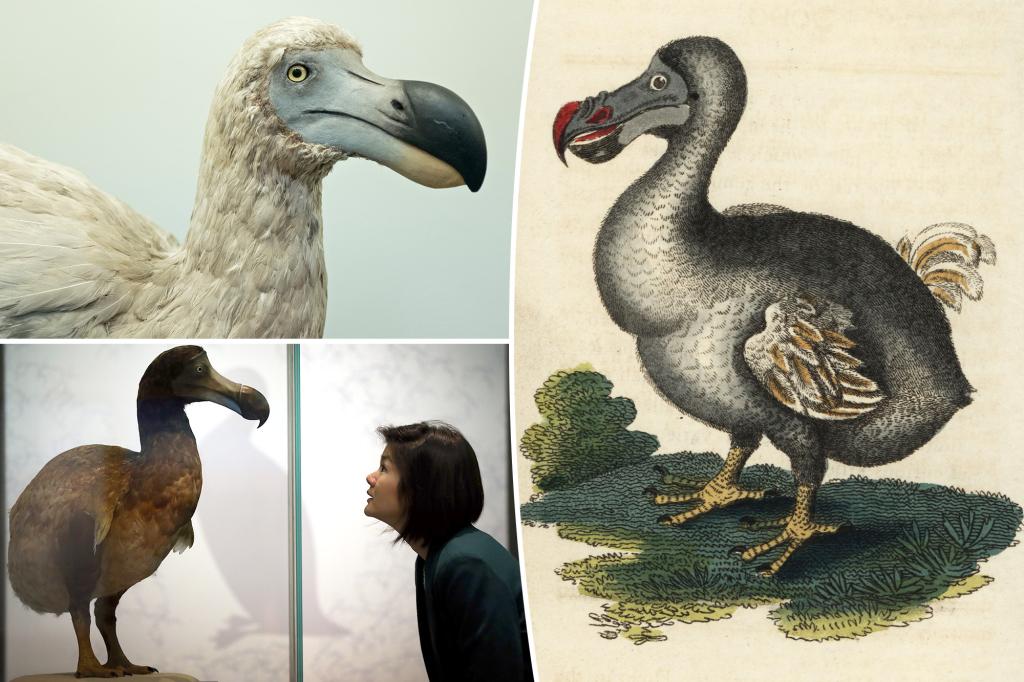Dodo Bird's Reputation Rehabbed: New Study Reveals Powerful Past

The dodo, once dismissed as a symbol of clumsiness and extinction, is being given a much-needed reputation makeover. Evolutionary biologists have unearthed new insights that challenge the long-held belief that the flightless bird was slow and inept, suggesting instead that it was an incredibly powerful creature perfectly adapted to its environment.
Published in the Zoological Journal of the Linnean Society, the study, led by researcher and professor Mark Young of the University of Southampton, sheds light on the dodo's true nature, dispelling myths and re-evaluating historical accounts. "Was the dodo really the dumb, slow animal we've been brought up to believe it was? The few written accounts of live dodos say it was a fast-moving animal that loved the forest," said Young.
The dodo's demise, a stark reminder of human impact on ecosystems, has been attributed to its lack of evolutionary adaptations and vulnerability to the Dutch colonizers who arrived in Mauritius in 1598. These colonists quickly began to consume the hapless dodos, leading to their extinction in 1662, a mere 70 years later, according to the Oxford University Museum of Natural History.
The dodo's reputation as a symbol of ineptitude stemmed from early researchers who believed its comfortable life on the predator-free island had stunted its evolutionary progress. However, the new study has challenged this narrative, debunking fictional accounts and meticulously separating fact from fiction.
Researchers have reclassified the dodo and the solitaire, another extinct bird native to Mauritius, as close relatives within the pigeon and dove family. This newfound kinship has further contributed to the re-evaluation of the dodo's capabilities.
"Evidence from bone specimens suggests that the Dodo's tendon which closed its toes was exceptionally powerful, analogous to [those of] climbing and running birds alive today," said study co-author Neil Gostling, an evolutionary biologist and Young's colleague. "These creatures were perfectly adapted to their environment."
The study's findings have significant implications for understanding the dodo's evolutionary journey and its role in the Mauritian ecosystem. It also highlights the importance of challenging established narratives and seeking out the truth behind these iconic extinct creatures.
Meanwhile, scientists at Colossal Biosciences are embarking on a bold and controversial project to revive the dodo, hoping to restore the species and its ecological importance in Mauritius. Whether this ambitious venture will succeed or fail remains to be seen, but the renewed understanding of the dodo's past offers a crucial perspective on the potential impact of such efforts.





